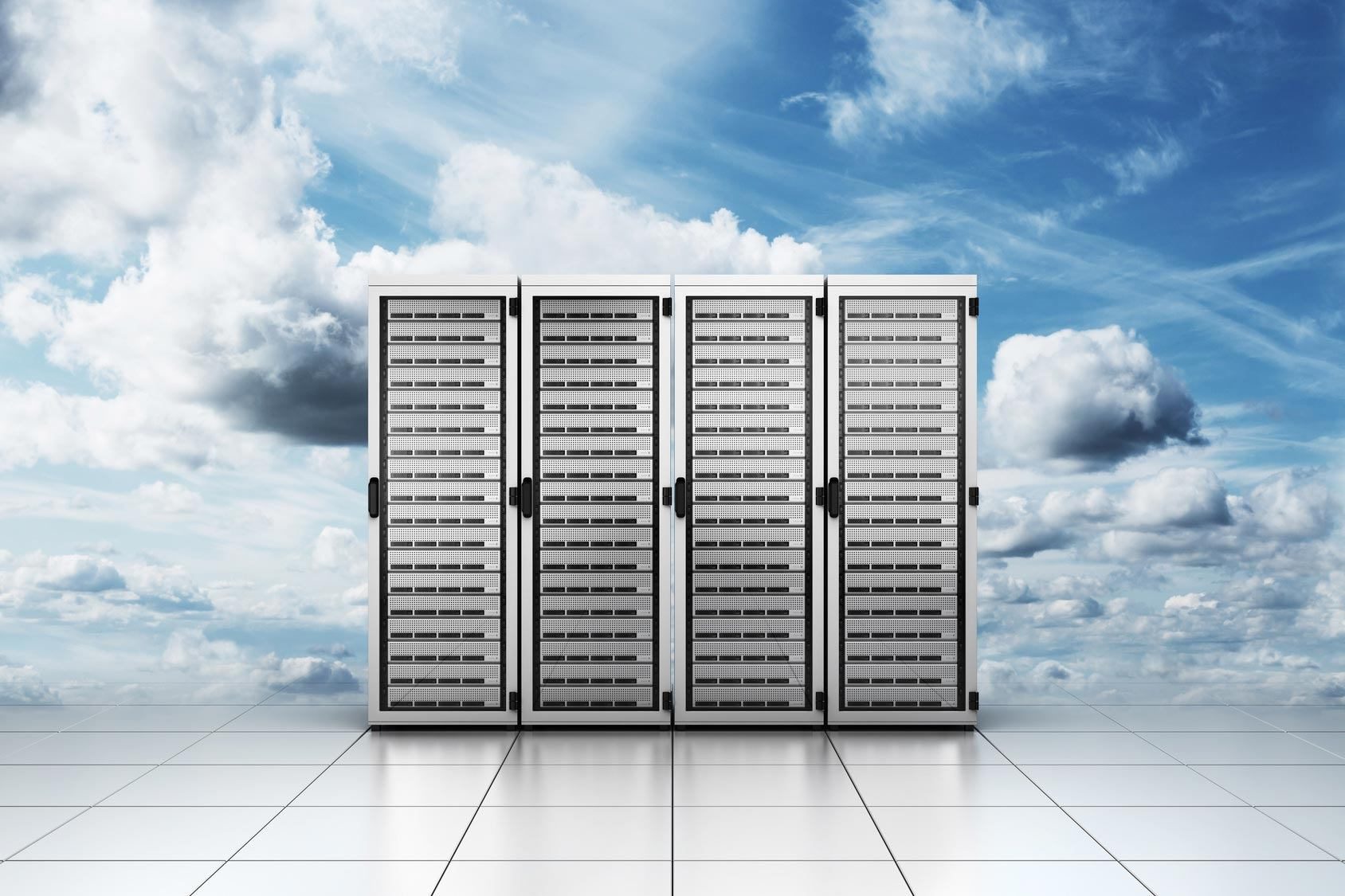Cloud computing isn’t just one of the latest trends. It’s also a smart move for many small business owners. If you’re still on the fence about how you want to handle your data storage needs, check out these advantages of cloud computing to help make your decision.
Advantage #1: Save Vital Space
If you choose to host your server internally, you’ll need space for it: a server room and a cooling system can’t simply be stuck in a corner. Instead, save vital space by turning to cloud options. There’s no on-site storage, so you don’t have to worry about finding a place to put it.
Advantage #2: It Grows With Your Business
The size of your business could change at any moment. You might decide to add a partner, suddenly increase the size of your client base, or find yourself adding new services faster than you thought you would. When you choose cloud computing, you won’t have to worry about whether or not your servers will be up to the challenge.
Advantage #3: Cloud Computing Comes with Tech Support
You need to know that your system will keep running smoothly no matter what comes your way, and cloud computing can help make that happen. With tech support that understands the specific challenges faced by cloud users, you can rest assured that your technology will keep running according to your expectations. When it doesn’t, it’s easy to get in touch with tech support to set things to rights!
Advantage #4: Outages Are Minimal
Outages are one of the worst things for your business. You can’t get any work done, you might not be able to contact your clients, and there’s often no way to tell when your system will be back up and running again. Thankfully, with cloud computing, outages are minimal. When you need a system you can count on, cloud computing is the way to go!
Advantage #5: Spread Out the Cost
As a small business owner, you’re operating on a tight budget. Cloud computing allows you to spread out the cost over the lifetime of your usage, rather than finding it necessary to pay for a server as part of your up-front cost.
For many small business owners, the choice is easy: cloud computing makes it easier to get the job done. If you’re ready to choose a cloud option for your workplace, contact us today to learn how we can help make your plans reality.




